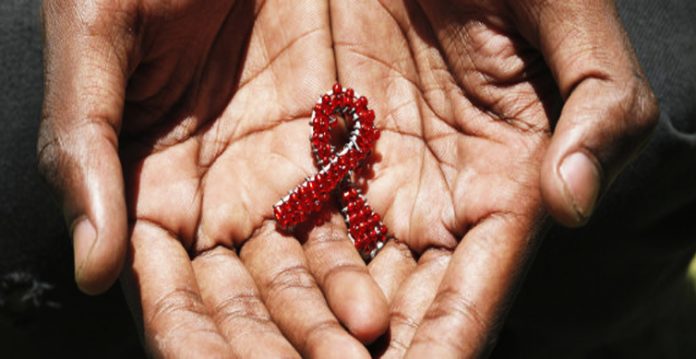In a major development in the arena of HIV and its prevention, a study started to research on it was halted midway after they found that an injection of medicine produced during the experiment could prove to be much more efficient than regular pills in preventing the contraction of HIV in women.
The shot of the drug is also necessitated only every two months as opposed to the daily tablets consumed by women to stop themselves from falling prey to the virus from their HIV-positive sexual partners. This can prove to be a boon for people with many partners or majorly those who are concerned about the condition of their partner affecting them as well.
The new advancement can be a significant development in Africa especially as women here do not have more than a few discreet methods of safeguarding their immune system without letting their partner know about the ways they are taking up.
According to the results obtained till now, the drug Cabotegravir has proven to be 89% more effective compared to the usual Truvada tablets in protecting oneself from HIV.
Another study, whose results were declared in the first quarter of the year, showed similar graphs. However, this study selected gay men instead of women for the research.
ViiV Healthcare, owned majorly by the company GlaxoSmithKline along with Pfizer Inc (company developing the covid-19 vaccine) and Shionogi Ltd., is producing the medicine in question. With drugs offered by Gliead Sciences, the business house which developed ViiV and Truvada, the study received monetary funds through the United States National Institutes of Health (NIH), the Bill and Melinda Gates Foundation and ViiV
Dr. Anthony Fauci, the top infectious disease doctor at the NIH, said, “This is a major, major advance. I don’t think we can overemphasise the importance of this study.”
The goal of the drug is to provide protection from HIV to the young women who need it the most, according to the doctor.
A researcher Sinead Delany-Moretlwe of the University of the Witwatersrand in Johannesburg, South Africa, said that young women have twice the probability of contracting HIV than men in a few regions around the globe.
“They need discreet options, without having to negotiate with their partners for taking up the utilization of other ways like condoms, said Deborah Waterhouse of ViiV.
This study selected 3,200 volunteers from 7 countries in the continent of Africa. They were then randomly administered either the every 2 month shots or the daily medicines.
When observers noticed the diverse results, they suggested the study conductors to conclude it as merely 0.21% women who got the injections contracted the virus compared to 1.79% of the women who received the pills.
The daily meds also led to more side-effects than the shots, nausea being the most common one.
With this, the developers of Cabotegravir are aiming for the approval from regulatory departments in order to release it into the market.
“The urgent work now is to make all prevention medicines affordable and more widely available,” said Mitchell Warren, who is the chief of AVAC, previously known as the AIDS Vaccine Advocacy Coalition, a non-profit dedicated to the prevention efforts that did not play a part in the study.
Due to condoms’ array of benefits, it continues to be recommended the most by all doctors around the world.
“People need choices for HIV prevention and this gives a new option,” Warren said.







